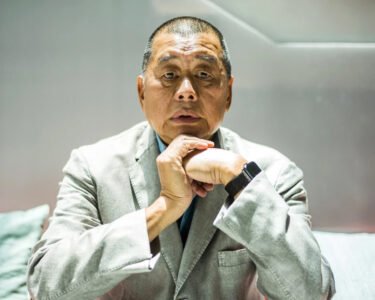President Ibrahim Traoré’s transitional government has pushed through a new law banning same-sex acts, with offenders facing between two and five years in prison plus heavy fines.
The legislation, passed unanimously by parliament on Monday, makes Burkina Faso the latest African nation to criminalize homosexuality. Lawmakers defended the decision as necessary to “preserve cultural values,” but rights groups have denounced it as a violation of human rights and a blow to inclusivity.
Latest
Brown Waters, Foul Odor: Bunyonyi Faces Ecological Emergency
Mao’s Wife Wins Flag for Kampala Lord Mayoral Race
Princess Ruth Komuntale Returns Home for Tooro Coronation Festivities
Uganda to Scale Up Literacy Programs with UGX 83 Billion Investment
Uganda to Scale Up Literacy Programs with UGX 83 Billion Investment
Makindye East MP Nyeko Derrick Steps Aside from 2026 Race
EC Holds Regional Elections for Non-Unionised Workers Delegates
Until now, Burkina Faso had not explicitly outlawed same-sex relations, though social stigma remained strong. The new law places the country alongside more than 30 African states where homosexuality is punishable by law.
In recent years, the continent has seen a wave of restrictive measures. Uganda introduced one of the harshest anti-gay laws in 2023, prescribing life imprisonment and even the death penalty in certain cases. Ghana’s parliament also passed a controversial bill earlier this year targeting LGBTQ+ activities, though its enforcement is still tied up in the courts.
Meanwhile, countries like South Africa, Botswana, Angola, and Mozambique have taken the opposite path, decriminalizing same-sex relations and, in some cases, strengthening constitutional protections.
Human rights campaigners warn that the Burkina Faso law could fuel further persecution and marginalization of LGBTQ+ citizens. “By criminalizing love between consenting adults, the government is legitimizing discrimination and encouraging violence,” Amnesty International said in a reaction.
President Traoré, who seized power in a 2022 coup, has positioned himself as a defender of traditional values and national sovereignty. But critics argue that the new law reflects a broader political trend in Africa where LGBTQ+ rights are being rolled back amid rising populism.





